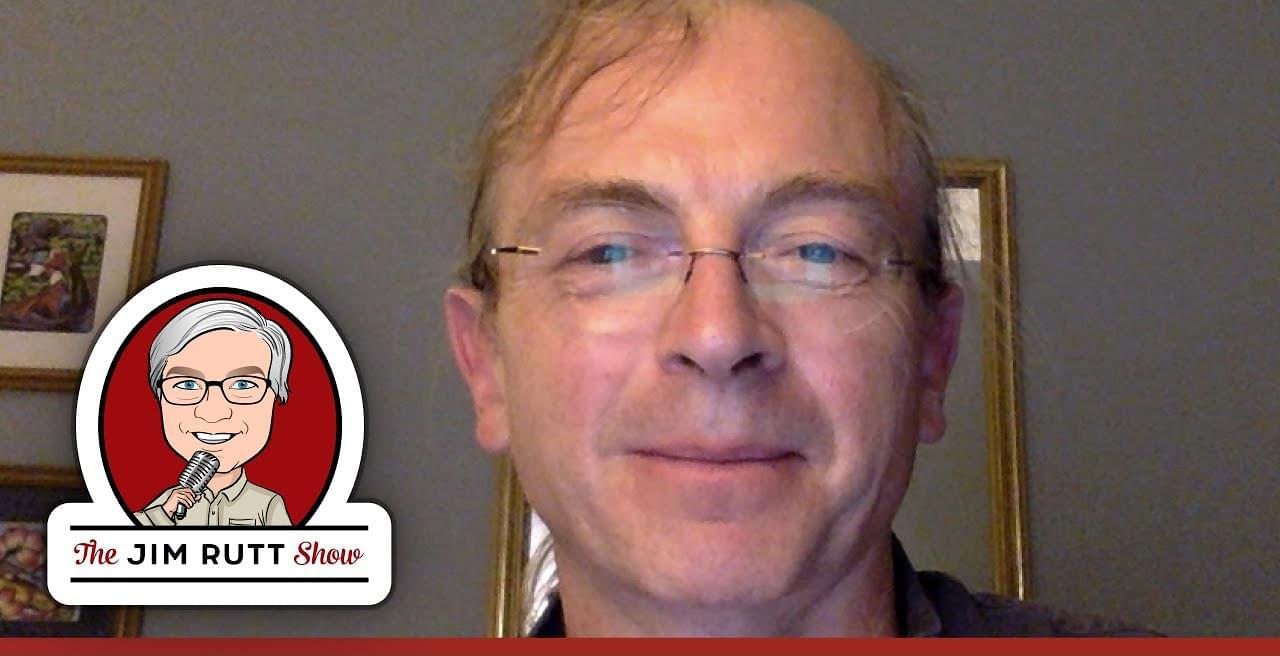Sep 14, 2024
Stem Cell Doctor Shares the Truth About Stem Cell Therapy for Anti-Aging
Posted by Montie Adkins in categories: biotech/medical, life extension, media & arts
She’s been doing stem cell therapy for 8 years. She is 53.
Enjoy the videos and music you love, upload original content, and share it all with friends, family, and the world on YouTube.


















